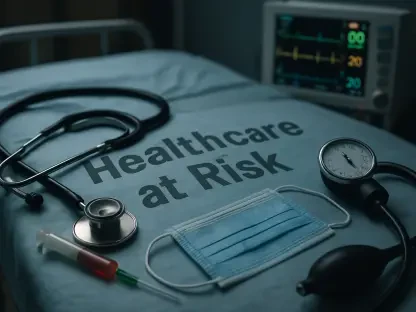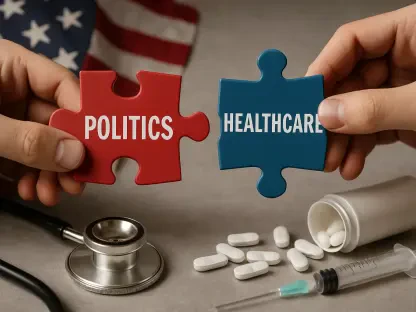When Robert F. Kennedy Jr. was appointed as the Health and Human Services Secretary, few anticipated the profound impact on U.S. vaccine policies. The appointment stirred the pot of an already simmering topic—how far skepticism should go in redefining trust in public health measures. In an unexpected move, the Advisory Committee on Immunization Practices (ACIP) under Kennedy has undergone significant transformation, sparking debates nationwide.
Reevaluating the Stakes: U.S. Vaccine Policy Takes a New Direction
Kennedy’s leadership marked a shift in the overarching U.S. vaccine policy framework. Public apprehension about vaccines was already increasing, and this move added a new dimension to the discussion. With Kennedy at the helm, questions about vaccine safety have intensified, affecting not only national public health initiatives but also influencing societal perspectives on vaccination practices. This reshaping of policy brings to the forefront the complex interplay of public health and societal concerns as citizens grapple with emerging skepticism.
A Closer Look: Dissecting Change and Implications
Under Kennedy’s guidance, the composition of the ACIP has been redefined. The traditional focus on endorsing vaccines has been supplanted by a cautious approach, more critical of vaccine safety and efficacy. The committee’s exploration into possibly revising the established childhood vaccine schedule reflects a broader questioning of existing norms. On the international stage, the U.S. has withdrawn from mutual vaccine commitments, potentially affecting global health collaborations. These recalibrations signal a significant departure from previous policies, prompting speculation regarding their long-term repercussions.
Diverse Viewpoints: Experts and Stakeholders Weigh In
Opinions abound regarding the efficacy of Kennedy’s policy directions. Members of the scientific community, including some former CDC officials, have openly criticized the perceived erosion of trust in vaccines. Meanwhile, advocates for Kennedy’s policies argue that a critical examination is necessary to ensure public health actions are grounded in evidence and caution. Protests and discussions illustrate a profound division, with supporters and detractors alike concerned about the implications of these policies from both scientific and public health standpoints.
Adapting to the New Landscape: Strategies Amid Uncertainty
Given the shifts in policy, the public faces the challenge of navigating an uncertain landscape. People are encouraged to seek credible information and engage with health professionals to address vaccine hesitancy. Health experts, in turn, are tasked with fortifying trust in vaccines despite prevailing skepticism. By fostering open dialogue and transparency, public health entities aim to reconcile concerns while maintaining a commitment to scientifically grounded health measures. Innovative approaches are needed to navigate this era defined by change.
Reflecting on the New ErWhat Lies Ahead?
In the wake of these policy changes, it became clear that Kennedy’s influence had reshaped the narrative surrounding U.S. vaccines. The ultimate impact of these policies was still unfolding, but they prompted urgent conversations about trust, science, and public health. As the ACIP’s direction evolved, society was left contemplating the consequences and potential benefits of this paradigm shift. It was crucial for both policymakers and the public to remain engaged in addressing the challenges posed by this new approach, with a focus on safeguarding public health.









